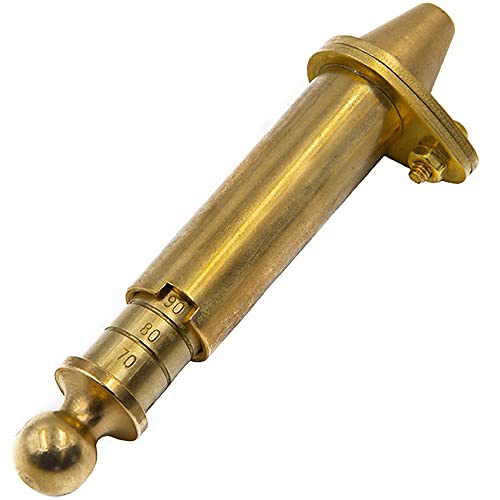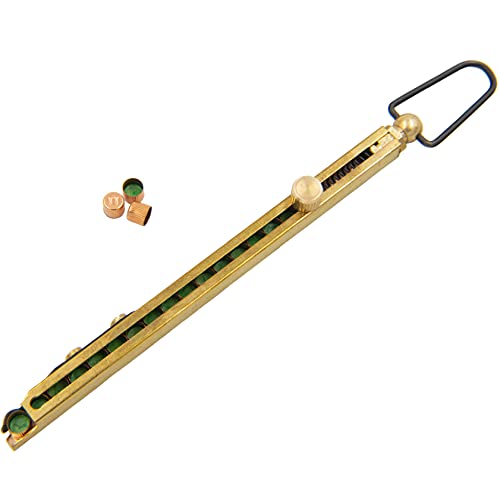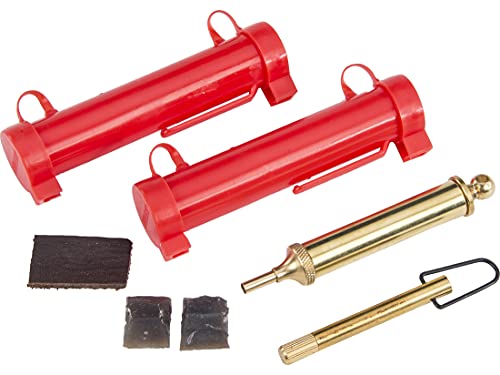A couple of weeks ago a few of us went on a three day primitive camping/muzzle hunt in the Adirondacks.
The temperatures got just below freezing at night so I took a couple of hot rocks from the fire pit and put them in my blanket. That definitly helped and I only had to swap them out for hotter rocks once during the night.
By the second night the temperature got into the upper 20's so this time I took 4 additional hot rocks into my diamond shelter placing them outside of my blanket in an effort to heat the air around me. I was amazed at how well the canvas tarp held the heat once I closed off the openings. I was also surprised at how long the rocks stayed hot by just lying on a bed of pine needles.
Being that I will be heading back to the Dacks this weekend where the temps are expected to be in the low 20's at night and they just got a foot of fresh snow, does anyone have any other methods of keeping warm in 20 degree temps while sleeping using only wool blankets and a canvas tarp on pine needles?
The temperatures got just below freezing at night so I took a couple of hot rocks from the fire pit and put them in my blanket. That definitly helped and I only had to swap them out for hotter rocks once during the night.
By the second night the temperature got into the upper 20's so this time I took 4 additional hot rocks into my diamond shelter placing them outside of my blanket in an effort to heat the air around me. I was amazed at how well the canvas tarp held the heat once I closed off the openings. I was also surprised at how long the rocks stayed hot by just lying on a bed of pine needles.
Being that I will be heading back to the Dacks this weekend where the temps are expected to be in the low 20's at night and they just got a foot of fresh snow, does anyone have any other methods of keeping warm in 20 degree temps while sleeping using only wool blankets and a canvas tarp on pine needles?





















